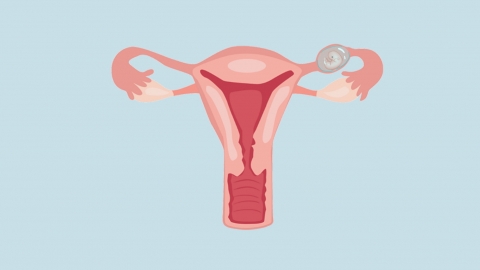Is the mortality rate of ectopic pregnancy high?
In general, if an ectopic pregnancy is detected early and treated promptly, the mortality rate is low. However, if diagnosis is delayed or treatment is not timely, rupture of the fallopian tube may lead to severe hemorrhage, significantly increasing the risk of death. If there are any concerns, it is recommended to seek medical advice early. Detailed analysis is as follows:

If an ectopic pregnancy is identified in the early stage (for example, within 6–8 weeks of missed menstruation), the embryo is still small and the fallopian tube has not ruptured. In such cases, medication or minimally invasive surgery can effectively terminate the pregnancy without causing significant bleeding. Recovery after treatment is usually quick, the threat to life is minimal, and the mortality rate remains low, with most patients making a full recovery.
If an ectopic pregnancy is not detected in time, continued growth of the embryo may cause the fallopian tube to rupture, resulting in massive intra-abdominal bleeding. Without emergency treatment, shock can develop rapidly, potentially leading to life-threatening complications. In such cases, the mortality rate increases substantially. This risk is even higher in remote areas or regions with limited medical resources, where delays in treatment are more likely to occur.
Women who experience abdominal pain or irregular vaginal bleeding after a missed period should seek immediate medical evaluation for ectopic pregnancy. Individuals with a history of ectopic pregnancy or pelvic inflammatory disease should closely monitor their physical condition when trying to conceive.









